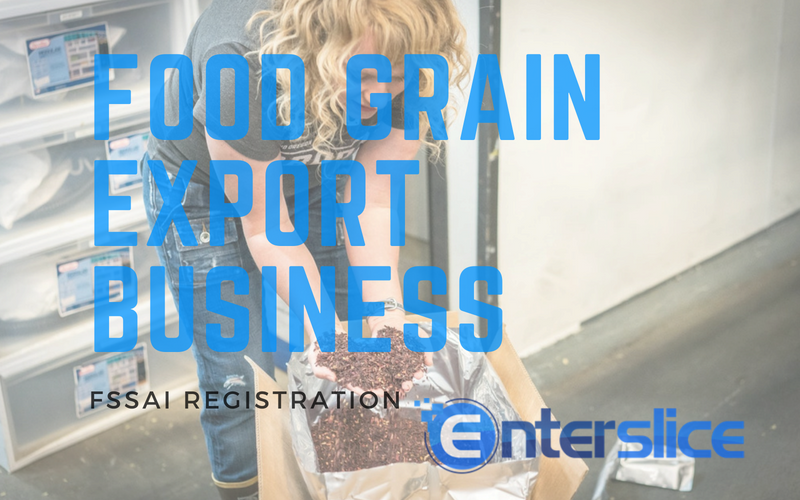Starting
a food truck business deals with preparing food within the premises of the
truck and serving food to customers, from within the truck itself. Even though
the food truck business requires comparatively lesser investment as compared to
a restaurant, the food truck operator needs to have the requisite FSSAI Registration in
place before starting the business. The license number and the golden rules apply to
this type of business also needs to be printed on an A4 size paper and put up at a visible location within/outside
the food truck. All street food vendors, small sized or medium sized need to
follow the 12 hygiene related rules mentioned by FSSAI as part of Safe Food
Practices.
The
registration/license so obtained from FSSAI certifies that the food prepared
and handled within the premises of the food truck is maintaining the prescribed
food quality levels thereby eliminating risks associated with toxic and
hazardous elements. Procuring the FSSAI license is a good marketing strategy
too as it not only helps to get more
customers but also repeats customers
(provided the food is good) as customers trust the quality of food.
All
new Food Business Operators can apply for the FSSAI license online at the site www.foodlicensing.fssai.gov.in. A food truck
business is a small sized business that is localized to a certain place
in one state. Depending on the proposed
turnover from the food truck annually the required FSSAI registration/license
can be obtained – either the state
license or state registration. If the expected turnover is Rs. 12 lakh or less
on a yearly basis, then apply for the state registration; if the expected
turnover is more than Rs. 12 lakh then go in for the State License. For both of the above, the minimum duration
of the license/registration is for a period of 1 year and the maximum tenure is
for 5 years. It is mandatory to renew
the license/registration before the existing one expires.
As
per the FSS Act, 2006 the Form A needs to be submitted for the state
registration and Form B for applying for the State License. Form A specifically mentions the source of
water that is being used for manufacturing the food; the use of electric power
and the exact power load that has been sanctioned by the Electricity Board;
while Form B asks about the sanctioned electric load as well as, if the food
operating unit is equipped with an analytical laboratory.






No comments:
Post a Comment